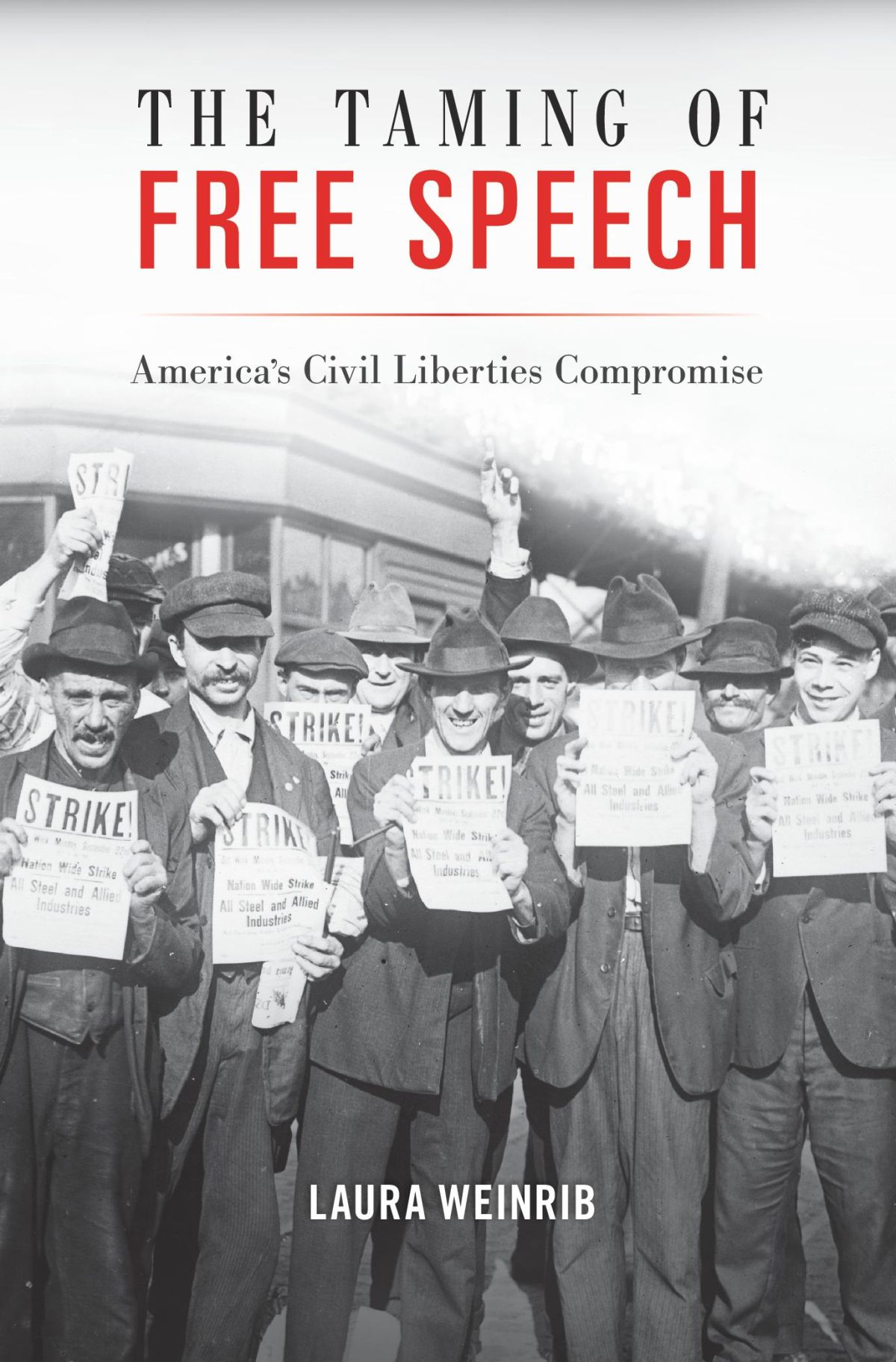CB: Your book shows that, prior to the ACLU’s founding, free speech activists were fighting businesses’ use of censorship to quash labor organizers. At the center of this was something you call “the right of agitation.” Can you explain what this was, and how it was connected with civil liberties activism in the early twentieth century?
LW: We are accustomed to thinking of freedom of speech as protecting the exposition and advocacy of ideas. The heroes in most accounts of the modern First Amendment are the soapbox speakers who demanded the right to espouse their visions of a just society, however radical or revolutionary.
But the right of agitation articulated by the labor activists who spearheaded the civil liberties movement in the late 1910s and early 1920s aligns only partially with this understanding. Drawing on a then-familiar distinction between agitation and propaganda, these advocates envisioned agitation as an arousal to action, in contrast to the dissemination of ideas. And the breed of direct action they had in mind was labor action, designed to counter the consolidation of capital with the organized power of workers.
What early free-speech activists sought to protect above all were labor’s most powerful weapons: the rights to strike, picket, and boycott. These were tactics that judges had routinely construed as economic rather than expressive, and coercive rather than persuasive. To claim them as constitutional rights, as early labor activists did and the ACLU eventually did, too, was bold.
CB: You open your book by recounting the formation of the Commission on Industrial Relations and its findings. What was this commission, and why was it so important in future civil liberties advocacy?
LW: The Commission on Industrial Relations was created by Congress in 1912, in the wake of a high-profile dynamite attack on the Los Angeles Times building. The commission arose at the instigation of a group of prominent lawyers, scholars, social workers, and public figures. Many of them had helped draft legislation designed to alleviate poverty, and some had assisted labor unions in organizing efforts. All of them thought labor violence was a reaction to economic inequality, and, in particular, to the role of law in reinforcing economic inequality.
The commission is crucial to understanding the emergence of civil liberties for three reasons. First, it highlights the perceived importance to both workers and reformers during the early 1910s of free speech and other so-called personal rights, a category that contemporaries contrasted with property rights. The modern concern for civil liberties is typically traced to the prosecution of pacifists and conscientious objectors during World War I. But the commission’s testimony and reports leave no doubt that Americans were very troubled by the suppression of speech well before entry into the war.

